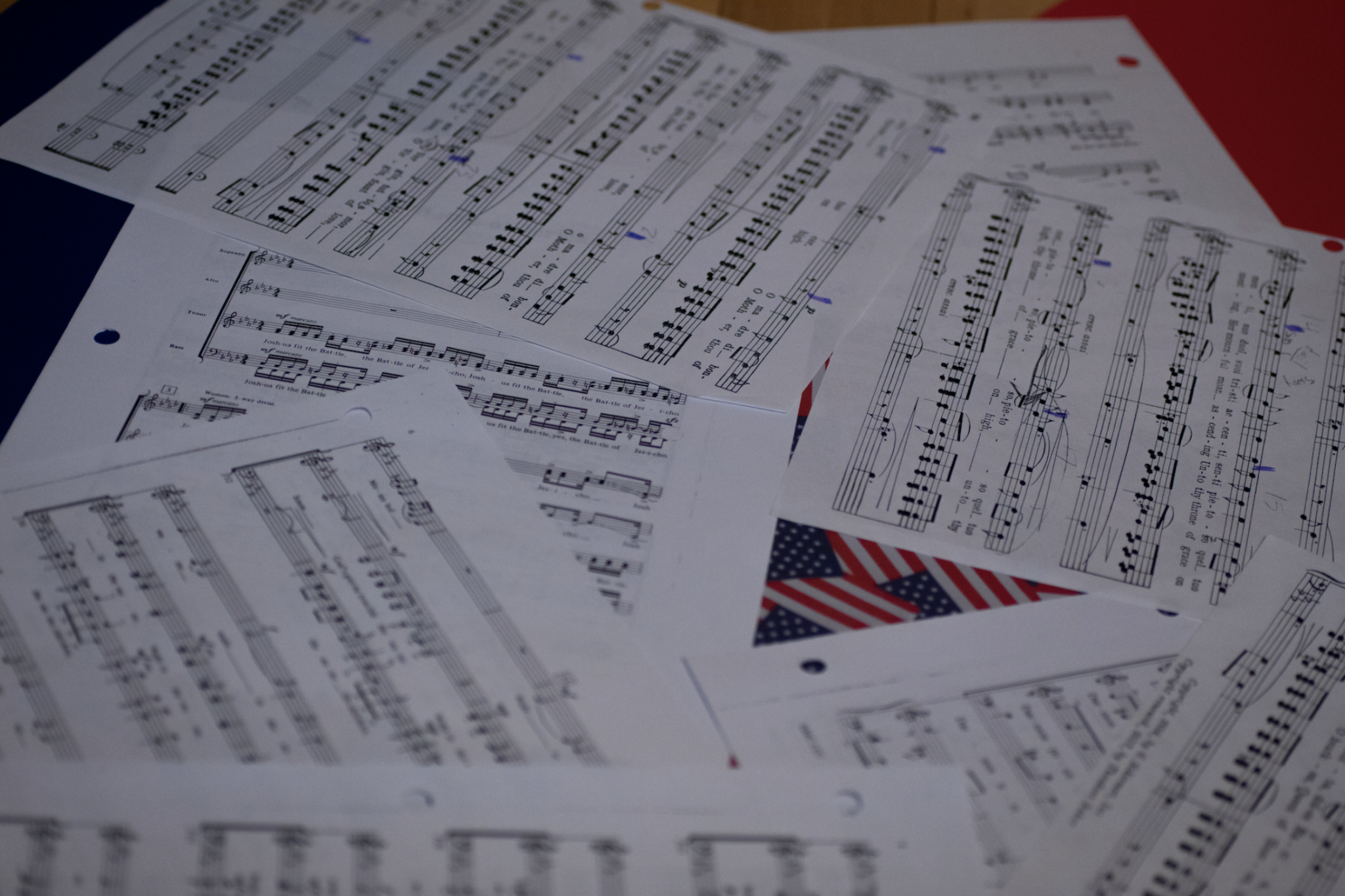
Political issues can often feel large-scale and impersonal, but composers at the Yale School of Music shared how they use music to unite their personal experiences and political issues.
The past few months leading up to the election have seen several significant political developments, including the COVID-19 pandemic, an economic recession and incidents of police brutality raising awareness of racial injustice. Composers have been using music as a way to understand and confront these issues personally.
“The tensions of this time have only strengthened my belief in the need to communicate through music, with great urgency, about matters that should concern all people,” said Aaron Jay Kernis MUS ’83, a professor of composition at the Music School. “At times like these we need music even more than ever — to console, touch, provoke, bring together and inspire.”
Kernis recently wrote works addressing concerns about climate change and the environment. He is currently collaborating with Peter Cole, a professor of Judaic Studies and comparative literature, on a work titled, “Edensongs,” which relates to the state of the earth.
Joel Thompson MUS ’26 is known for his 2014 piece, “Seven Last Words of the Unarmed,” which was inspired by the last words of seven Black men killed by police. He said his compositions are a way for him to “process his emotions,” which tend towards grief and anger in the wake of police brutality.
Over the summer, Thompson composed a piece responding to the news about Breonna Taylor, a Black medical worker who was killed by police in March. Thompson said that the piece, titled “breathe/burn: an elegy,” presented an accurate reflection of his “emotional landscape.”
“It’s a goal of mine that my pieces can function as snapshots of who I am,” Thompson said.
“I want the music that I create to at least inspire some dialogue that will be a part of the change that I hope to see.”
But Thompson said that even though it can be cathartic to hear an emotionally relatable musical piece, music also serves as a way to distract from the “chaos of the present moment.”
Soomin Kim MUS ’21 noted that even when she writes music about social and political events, her music “comes from a personal place.”
Kim wrote about the sinking of the Sewol ferry in 2014, a disaster in South Korea that killed over 300 people — most of them children — and caused social and political turmoil in South Korea. She also recently wrote a piece called “Vires Diary,” inspired by children’s journals during the pandemic.
Nate May MUS ’23 said that in order to write pieces about social issues, he needs to first understand the relationship between his work and the issue at hand.
May, who grew up in the Appalachian region, has written several pieces about political and social issues, such as Appalachian migration, a chemical spill and opioid addiction in the area. These pieces include a chamber opera called “Dust in the Bottomland,” written in response to mountaintop removal mining and opioid addiction.
Yet Eli Greenhoe MUS ’25 noted that even though music can be political and spark political action, being a composer and being politically active are two different things.
A composer Greenhoe admires told him that it is a wonderful thing to write political music, as long as it is understood as a fundamentally personal act, not a substitute for direct political action and policy change.
May noted that music can be used politically to varying ends — a composer does not have the power to control the way in which music inspires people.
“I think artists can sometimes kid themselves about the amount of control they have over what their art is inspiring,” May said. “When the conditions are right, art can share with storytelling the role of generating new channels of empathy and new sources of connection, and I do think those things are worth doing when it feels genuine.”
Marisol Carty | marisol.carty@yale.edu






